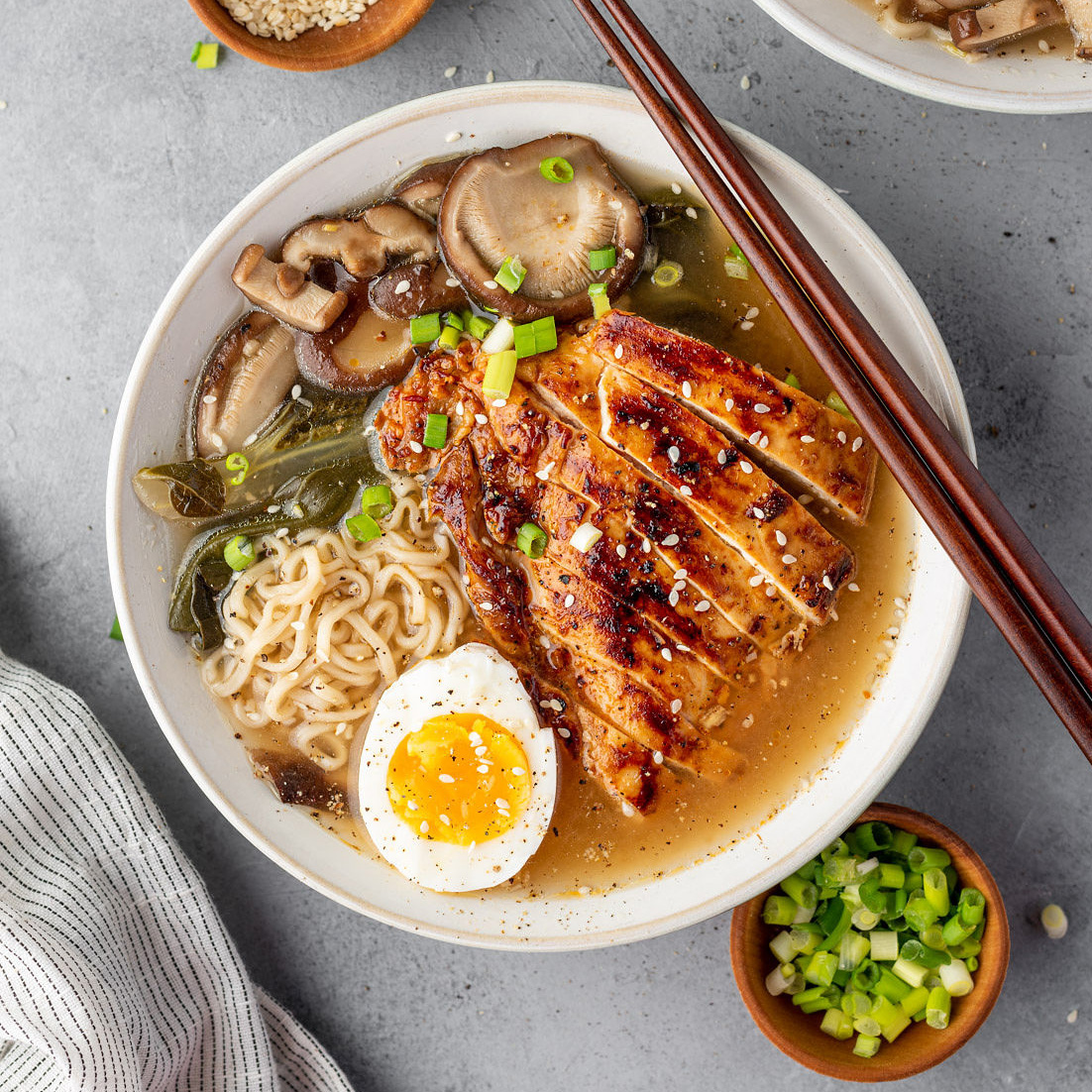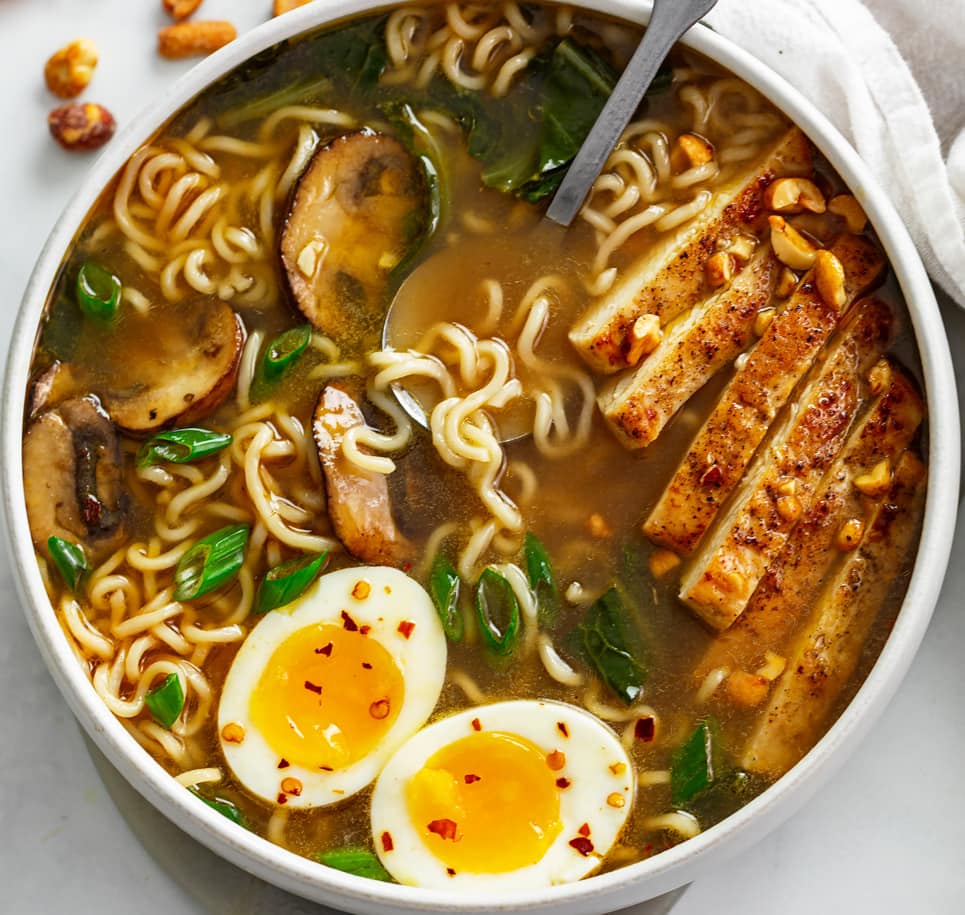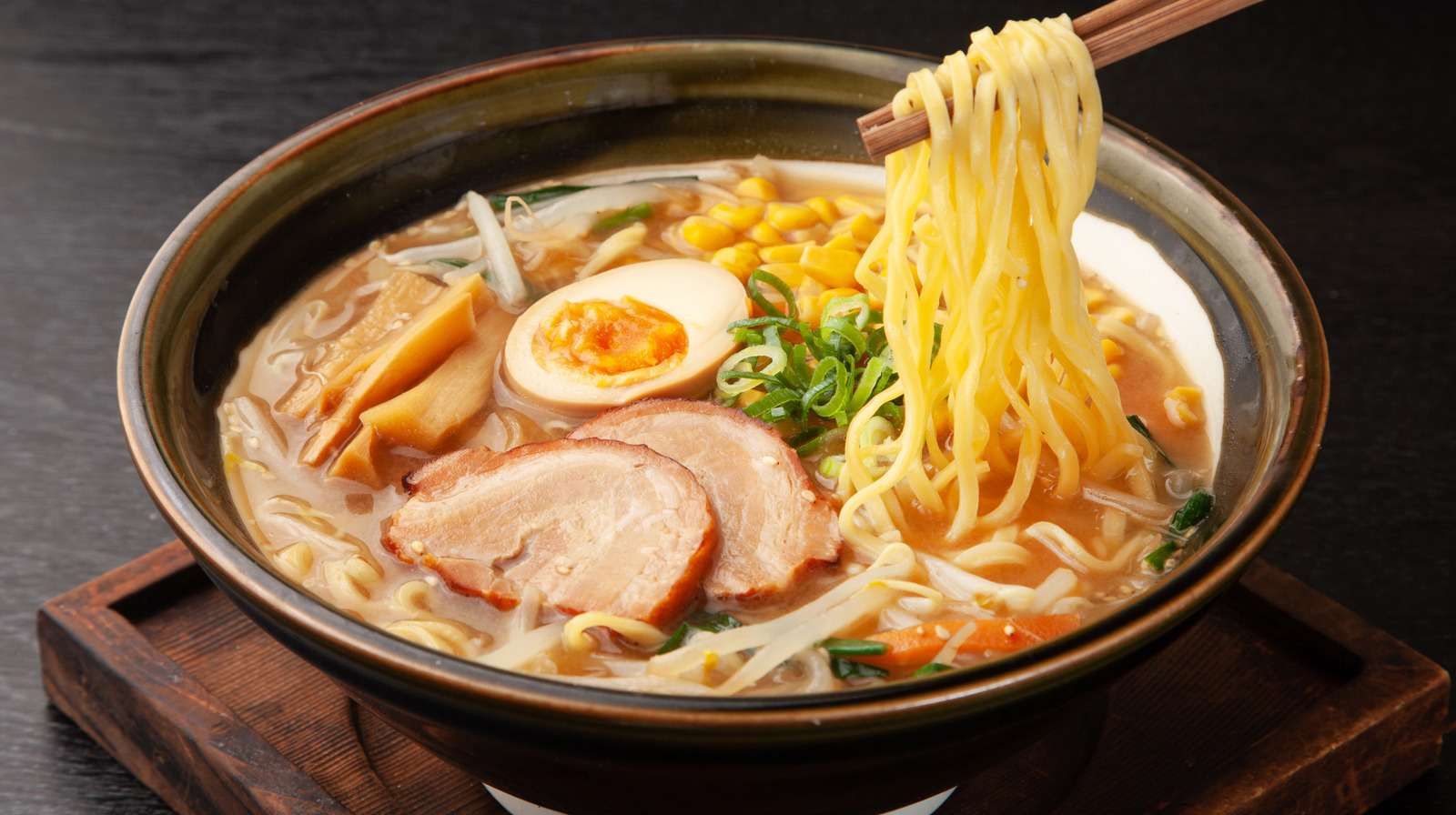Ramen Noodles Recalls - Consumer Safety Update
Recent reports have brought to light some important safety advisories concerning certain ramen noodle products, impacting homes and kitchens across various places. These advisories, which are sometimes called recalls, aim to protect people from items that might not be entirely safe to eat. It is, you know, a way for food safety people to make sure everyone stays well.
These recent actions involve different types of ramen, some because of things like hidden ingredients that could cause a bad reaction for some folks, and others because they simply pack too much of a fiery punch. Knowing which products are involved, and why they were taken off shelves, helps us all make better choices when we pick up our favorite instant meal, so it's good to keep an eye on these updates.
Staying informed about these food safety announcements is, pretty much, a big deal for anyone who enjoys ramen. Understanding the actual facts behind these actions, rather than getting caught up in unverified stories, means you can keep enjoying your noodles with peace of mind. This piece will walk you through what's happened with these ramen noodles recalls, giving you a clearer picture of what you need to be aware of right now.
Table of Contents
- Understanding Ramen Noodles Recalls
- What Are The Reasons For Recent Ramen Noodles Recalls?
- Allergen Concerns in Ramen Noodles Recalls
- The Spicy Side of Ramen Noodles Recalls
- Are There Deadly Bacteria Related Ramen Noodles Recalls?
- How Do I Check If My Ramen Noodles Are Affected By Recalls?
- What Should I Do If I Have Recalled Ramen Noodles?
- The Future of Ramen After These Ramen Noodles Recalls
Understanding Ramen Noodles Recalls
When we talk about food items being called back, or "recalled," it usually means there's a worry about their safety for people to eat. This might be because something was missed during making, or perhaps a part of the food itself could cause problems for someone's health. For ramen noodles, these calls to pull products off shelves happen for a few reasons, all aimed at keeping us safe when we sit down for a meal. It's, like, a way for food makers and safety groups to say, "Hold on, let's check this out."
These actions are not taken lightly; they come about after someone finds something that doesn't quite meet the safety standards. Sometimes, this discovery comes from a regular check by a food safety group, or it might be that people who ate the food reported feeling unwell. Whatever the start, the goal is always the same: to get potentially problematic items out of our homes and away from our plates. It's, you know, a protective measure to look out for everyone's well-being.
The system for these kinds of warnings is set up to let folks know as fast as possible if something they might have bought is now thought to be unsafe. This quick sharing of information is very important, especially for things we eat often, like ramen. So, when you hear about ramen noodles recalls, it's really about making sure your next bowl is as good and as safe as it should be, which is pretty much the main point of all this.
What Are The Reasons For Recent Ramen Noodles Recalls?
The recent advisories for ramen noodles have come about for some very particular reasons, which are important for everyone to understand. It's not just a single problem, but a couple of different things that have led to these products being pulled back. These reasons show how food safety groups keep an eye on what we eat, trying to catch potential issues before they become bigger troubles. So, too, these reasons are quite specific to the products in question.
One main cause for some of these ramen noodles recalls has been the presence of ingredients that aren't listed on the package, especially those that can cause allergic reactions. For people with certain food sensitivities, eating something that contains a hidden allergen can be very serious, even dangerous. This is why it's a big deal when an item is found to have, say, peanuts or milk, but doesn't say so on the label. It’s a matter of clear communication about what's inside the food.
Another reason for some of these actions has to do with how spicy some of the noodles are. Believe it or not, some ramen has been deemed to contain levels of chili extract that are just too much, especially for younger people or those not used to extreme heat. While many people enjoy a good spicy kick, there's a point where the amount of heat can become a health concern, leading to calls to pull these items. It's, really, about finding that balance between flavor and safety for everyone.
Allergen Concerns in Ramen Noodles Recalls
A significant reason behind some of the recent ramen noodles recalls involves unlisted allergens, which is a serious matter for anyone with food sensitivities. When a food product contains an ingredient that can trigger a severe allergic response, but that ingredient isn't plainly stated on the packaging, it creates a risk for people who might unknowingly consume it. This sort of issue is, too, a top priority for food safety groups because the results can be quite harmful for some individuals.
One instance of this happened with a particular noodle cup product, where concerns about a possible allergen led to it being given the highest level of health risk classification. This action, which is a big step, meant that consumers in four different states were affected by this specific ramen noodles recall. The seriousness of this kind of recall is due to the potential for a very bad reaction in those who are sensitive to the hidden ingredient, making it a critical situation for public well-being.
For example, Sun Noodle, a food maker located in Carlstadt, New Jersey, took action to call back a specific batch of their Tonkotsu Ramen. This product, which came in a clear plastic container with a Sun Noodle label, was found to have an issue that required its removal from sale. Later on, a similar situation involving instant noodle products with a major allergen, from a food maker in Hawaii, had its classification changed under health guidelines, showing how these situations are, you know, constantly reviewed and updated to ensure safety.
The Spicy Side of Ramen Noodles Recalls
Beyond allergens, some ramen noodles recalls have been triggered by something quite different: the sheer intensity of their spiciness. It might sound a bit odd for a food item to be pulled for being too hot, but for some products, the amount of chili extract, known as capsaicin, was found to be at levels that could pose a risk, particularly to younger eaters. This is, you know, about finding a balance where enjoyment of heat doesn't turn into a health worry.
Denmark's food safety agency, for instance, issued calls to pull three kinds of ramen noodle products made by Samyang, a company from South Korea. Their concern was that the amount of capsaicin chili extract in these noodles was simply too high. These were some of the "fire chicken" instant ramen noodles that gained a lot of attention through online challenges, but their extreme heat led to them being seen as potentially unsafe for consumption, especially for children. It’s, in a way, a recognition that not all levels of spiciness are suitable for everyone.
Interestingly, after initially calling back these very spicy noodles, Denmark later brought back two of the South Korean company's products. This suggests that there can be a re-evaluation of these situations, perhaps after more testing or discussion about what constitutes an acceptable level of heat for consumers. However, the initial action highlights that even a taste preference like spiciness can, sometimes, become a matter of public safety, leading to these kinds of ramen noodles recalls.
Are There Deadly Bacteria Related Ramen Noodles Recalls?
There has been a lot of talk going around, especially on social media platforms like TikTok, Instagram, and YouTube, about ramen noodles being called back due to a deadly bacteria that supposedly caused the passing of several children. These stories have, quite understandably, caused a good deal of worry among people who enjoy instant noodles. It's, you know, a scary thought to hear such things about a common food item.
However, it is very important to get the facts straight on this matter. The Food and Drug Administration (FDA), which is the main group responsible for food safety in the United States, has not announced any recalls about ramen noodles because of deadly bacteria. Viral posts making these claims, suggesting that five children passed away after eating ramen noodles, have been found to be without any proof. There is, basically, no evidence from official sources to support these widespread stories.
While some social media content mentioned a U.S. Centers for Disease Control and Prevention (CDC) warning in September 2024 related to instant ramen after reported fatalities, these widespread claims about deadly bacteria causing ramen noodles recalls lack supporting evidence from official food safety agencies. It’s a good reminder that not everything you see online is accurate, and it's always best to look to official government health and food safety groups for reliable information about recalls and health warnings. This is, pretty much, the most important thing to remember when you see such alarming posts.
How Do I Check If My Ramen Noodles Are Affected By Recalls?
Once you hear about ramen noodles recalls, a natural next thought is probably, "How do I know if the noodles in my kitchen are part of this?" It's a very good question, and luckily, there are some straightforward steps you can take to find out. Being proactive about checking your food items is, in a way, a simple but powerful step to keep yourself and your family safe.
The first place to look for information about any ramen noodles recalls is usually on the website of the food safety agency in your country, like the FDA in the United States, or a similar body in other places. These sites will have lists of products that have been called back, often with specific details like the product name, the brand, the batch number, and sometimes even pictures of the packaging. It's, you know, the most reliable source for verified information.
When you have the details of a recall, you can then check the ramen noodle packages you have at home. Look carefully at the product name, the flavor, and any codes or dates that are mentioned in the recall notice. These codes, like lot numbers or "best by" dates, are often key to figuring out if your specific package is affected. If the information on your package matches what's in the recall notice, then your noodles are, more or less, part of the affected batch.
What Should I Do If I Have Recalled Ramen Noodles?
Finding out that you have a product that's been part of ramen noodles recalls can feel a little unsettling, but knowing what to do next is pretty simple. The main thing is not to panic and to follow the advice given by the food safety groups. These steps are designed to make sure you stay safe and that the problematic items are handled correctly. It's, you know, about taking sensible action.
The most important piece of advice for any recalled food item, including ramen noodles, is to not eat it. Even if the reason for the recall seems minor, or if you've eaten some of it already and felt fine, it's always best to avoid any further consumption. The recall is put in place for a reason, and it's better to be safe than sorry. So, pretty much, put that package aside right away.
After you've made sure not to eat the recalled noodles, the next step is usually to get rid of them or return them. Many times, the recall notice will tell you to either throw the product away in a sealed bag so no one else can get to it, or to take it back to the store where you bought it for a full refund. Some companies might even offer a replacement. Following these instructions helps remove the unsafe product from circulation and, in a way, protects other people too. It’s, basically, a community effort to keep food safe for everyone.
The Future of Ramen After These Ramen Noodles Recalls
When food items like ramen noodles face recalls, it naturally makes people wonder about what this means for the future of the product itself. Will people still feel comfortable buying them? Will makers change how they do things? The path forward for ramen noodles, following these recent safety advisories, will largely depend on how the companies that make them respond to the situation. It's, you know, a moment for the industry to show how much they care about people's trust.
Manufacturers often take these events as a chance to look closely at their own processes, from how they get their ingredients to how they package their products. They might put in place new checks, or make their existing safety steps even stronger, to prevent similar issues from happening again. This kind of self-reflection and improvement is a way for them to regain or keep the trust of the people who enjoy their food. So, in some respects, it could lead to even safer noodles down the line.
For consumers, awareness about these ramen noodles recalls might lead to a greater interest in where their food comes from and how it's made. People might start paying closer attention to labels and staying informed about food safety news. This increased awareness, too, can push the whole industry to maintain very high standards for all their products. Ultimately, the goal is to make sure that everyone can continue to enjoy their favorite bowl of ramen with confidence, knowing that it's both tasty and safe to eat, which is, pretty much, what everyone wants.

Easy Chicken Ramen | Gimme Delicious

Top 3 Ramen Recipes

Best Ramen Flavors Ranked From Worst To Best